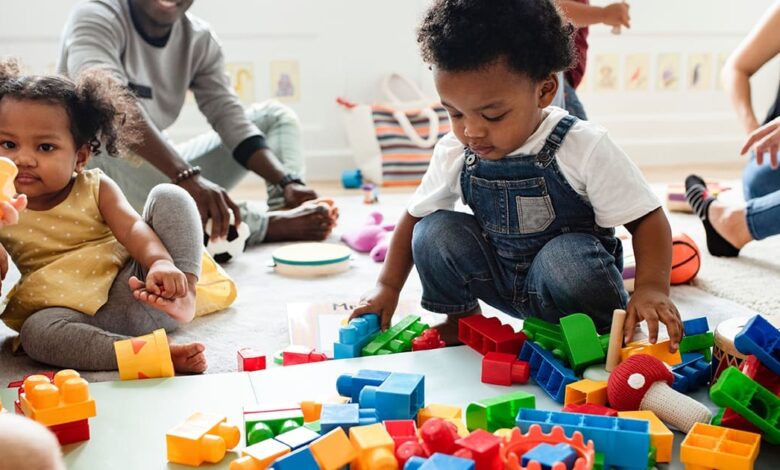How Autism Therapy Can Support Social Skills and Community Engagement

Building social connections is an integral part of a child’s development. For children with autism, social interaction can sometimes be challenging. Structured autism therapy can help children strengthen these skills through guided practice, positive reinforcement, and real-world experiences.
Applied Behavior Analysis (ABA) therapy focuses on teaching communication, cooperation, and emotional understanding in ways that fit naturally into a child’s daily life. When therapy includes opportunities for social interaction, children gain confidence and learn how to connect with others in meaningful ways.
Understanding How Social Skills Develop Through Therapy
Social skills are not learned all at once. They develop gradually as children practice skills such as sharing, turn-taking, and understanding facial expressions. ABA therapists help children build these abilities step by step by breaking them into smaller, manageable goals.
Autism therapy Tracy may include structured games, role-playing, or community outings that allow children to apply what they learn in real-world settings. For example, a therapist might help a child practice greeting a classmate, asking for help, or joining a group activity. These lessons build the foundation for lasting friendships and stronger communication.
Creating Real-World Learning Opportunities
One of the advantages of autism therapy in Tracy and nearby areas is that many programs incorporate real-life experiences into their therapy. These may involve outings to parks, community centers, or local stores. Practicing social skills outside of a therapy room helps children understand how to apply what they’ve learned in everyday life.
Real-world practice also provides therapists and parents with insight into how children respond in various environments. This allows the therapy plan to adjust based on what works best for the child. For example, if a child becomes shy in new places, therapy may focus on confidence-building strategies such as role-playing social introductions at home before going out.
Encouraging Peer Interaction
Therapists often design activities that involve peer participation, which helps children learn to read social cues, take turns, and share attention. Small group sessions are especially practical for developing these abilities because children learn directly from each other.
In community-based settings, group activities might include art projects, simple games, or outdoor play. These shared experiences foster cooperation and teach children how to express their thoughts and feelings effectively.
The Role of Parents and Caregivers
Therapists work closely with families to model strategies that can be used at home or in public settings. When parents consistently reinforce therapy goals, progress tends to continue outside of formal sessions.
Families can support social growth by:
- Encouraging children to greet neighbors, classmates, or relatives
- Organizing short playdates with familiar peers
- Using clear, simple language during conversations
- Praising positive social behavior immediately
- Practicing small talk or turn-taking during shared activities like meals or games
These everyday moments can make therapy lessons more natural and lasting.
Building Community Engagement
As children gain confidence in social situations, they become more comfortable participating in community life. Programs that include autism therapy Manteca often encourage families to explore group settings such as local recreation programs, libraries, or after-school activities. These experiences provide children with opportunities to meet new people and learn how to adapt to diverse social expectations.
Community engagement also helps reduce isolation and builds understanding among peers. When children with autism are supported through structured learning and consistent encouragement, they often form connections that strengthen their communication skills and sense of belonging.
Measuring Social Growth Over Time
Progress in social skills takes time and practice. ABA therapy tracks improvements through observation and data collection during sessions. Therapists look for changes such as increased eye contact, more spontaneous communication, and better cooperation during shared tasks.
Parents may also notice changes at home, such as their child initiating play or using polite phrases more frequently. These small milestones show that therapy strategies are taking hold and helping the child become more socially confident.
Final Thoughts
Developing social skills takes patience and practice, but the rewards extend far beyond therapy. Through structured guidance, collaboration with families, and meaningful community experiences, children can build the confidence they need to connect with others.
With consistent support from professionals and caregivers, autism therapy in Manteca can help children develop skills such as strengthening communication, forming friendships, and taking an active part in their communities, all of which make daily life more enjoyable and independent.





